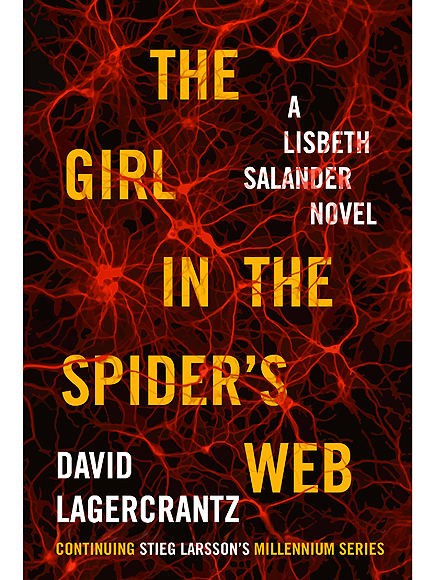I grew up in writing under the impression that the
Willing Suspension of Disbelief was a fact. I never questioned it, as it fit my personal experience with books and stories -- even movies -- perfectly. The way it was explained to me by one of my first mentors said, "You can get away with anything. The reader is 'willing to believe' -- just don't remind them they are reading a book. Don't break the spell." What that meant was -- the sky can be purple, the planet square and the ice on the poles burning -- no problem. However, if you have your character put some ice into her glass and it doesn't explode, or you give a lame reason for how the gravity works on a square planet, you break the spell. The reader will toss your novel aside and never return. You broke a trust, a trust that is sacred between author and reader.
There are so few Sacred Trusts left in the world, so you can imagine my state when a Neuropsychologist showed that this wasn't true. The Suspension of Disbelief wasn't how we did things at all.









